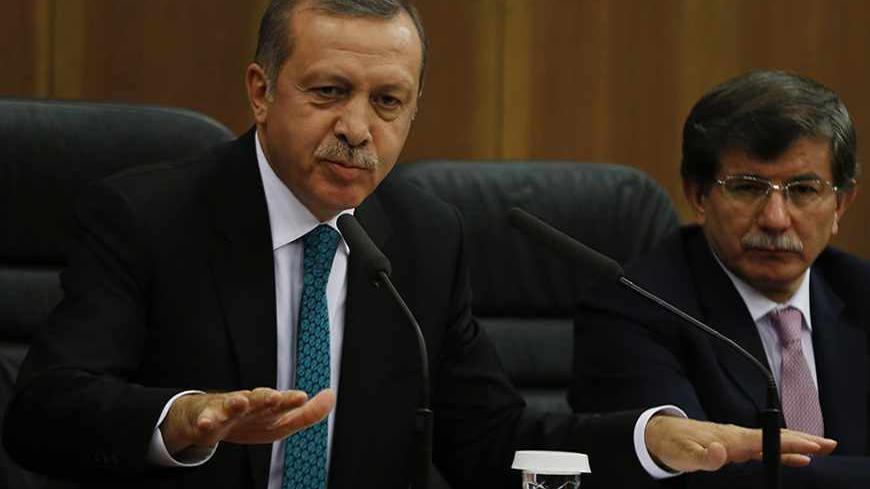On Nov. 24, the world awoke to a new Middle East. Some might find this claim imprudent, made in the heat of a momentous agreement reached between Iran and the five UN Security Council permanent member and Germany, or P5+1. True, institutional pressures in Iran and the United States mean implementing the deal will prove at least as difficult and sensitive as striking it has been. And we can be certain that it will be resisted fiercely by Israel and Saudi Arabia, given their long-standing animosity toward the Iranian regime and recent efforts to block an agreement.
These reservations are duly noted. But the deal announced in Geneva in the early hours of Nov. 24 is not merely wishful thinking on the part of the negotiating countries to break through one of the region’s most persistent disputes. It is also the clearest expression yet of shifting geopolitical dynamics that have been bringing Iranian and US interests closer together.



